Strategic Guidance and Support for Singapore Fashion & Lifestyle Companies Amidst US Tariff Developments
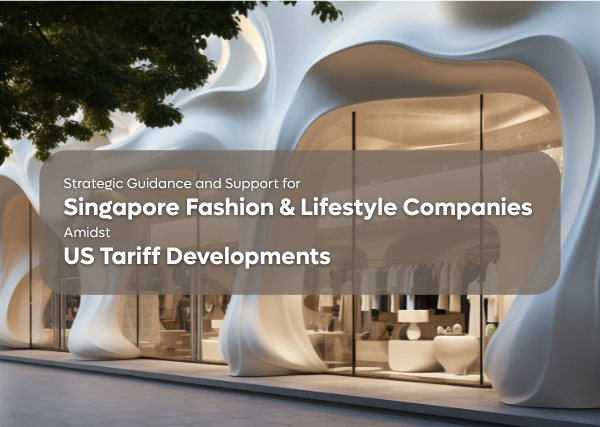
Strategic Guidance and Support for Singapore Fashion & Lifestyle Companies Amidst US Tariff Developments The global trade landscape is undergoing major shifts. On 5 April 2025, the United States (US) […]
SFC and CIIP to advance sustainability practices across fashion supply chains
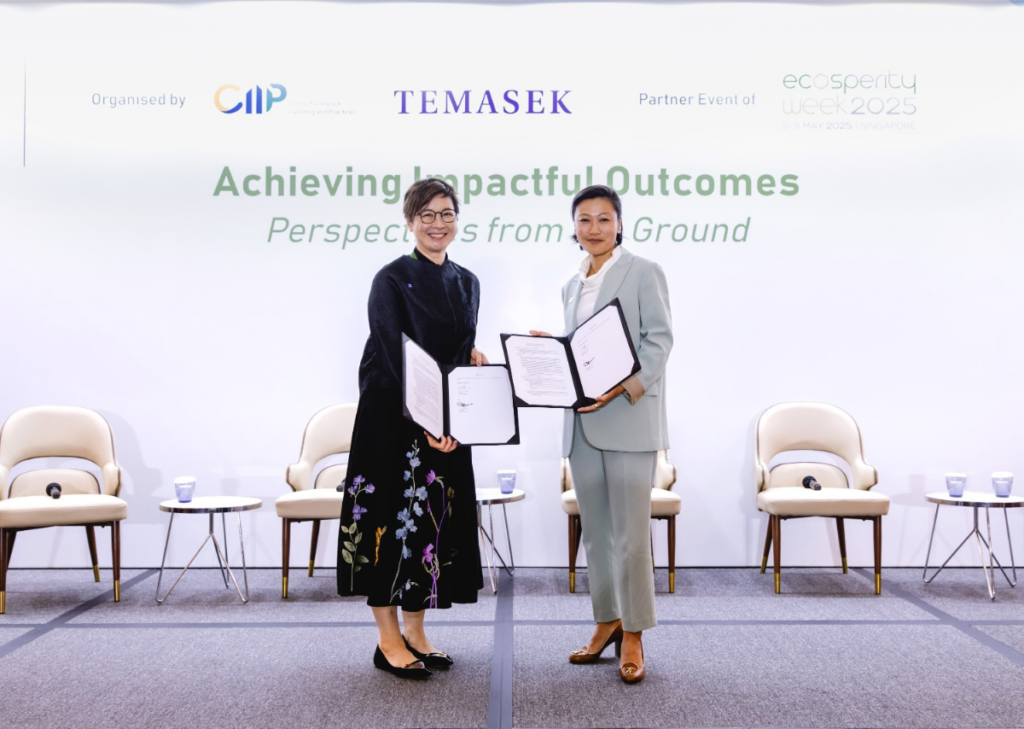
SFC and CIIP to advance sustainability practices across fashion supply chains Read more
Fashion and the environment

Fashion and the environment Read more
Singapore Fashion Council and CIIP sign MOU to work on advancing supply chain sustainability within fashion industry

Singapore Fashion Council and CIIP sign MOU to work on advancing supply chain sustainability within fashion industry Read more
The business of better fashion: How the Singapore Fashion Council is driving sustainability in the local industry
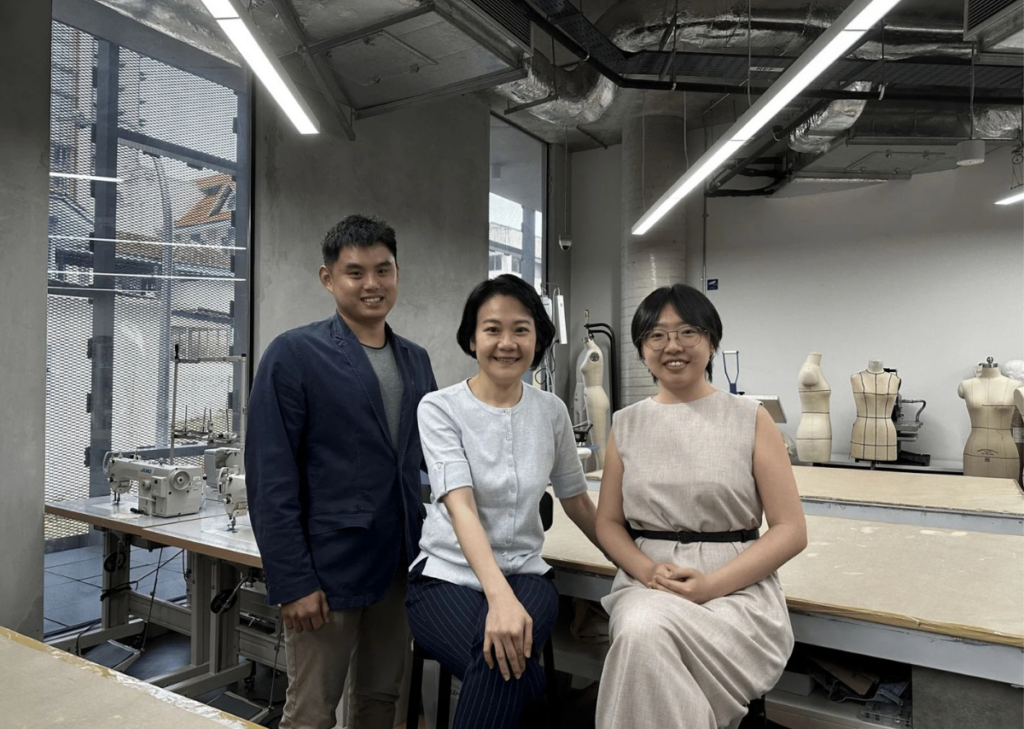
The business of better fashion: How the Singapore Fashion Council is driving sustainability in the local industry Read more
Singapore Fashion Council launches inclusive design competition

Singapore Fashion Council launches inclusive design competition Read more
Certification: a Game-changer for Accountability in Fashion’s Evolution
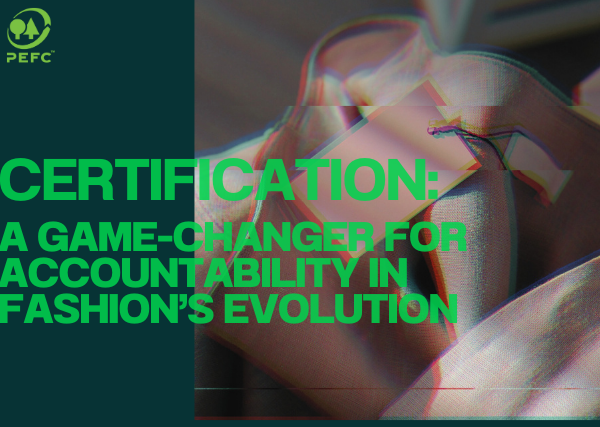
Certification: a Game-changer for Accountability in Fashion’s Evolution Sustainability is becoming a decisive factor in purchasing decisions, projected to influence over 50% of consumer choices—up from the current 15%. Forest-based […]
From Fibre to Fashion: The Unseen Impacts of Traceability of Textile Production
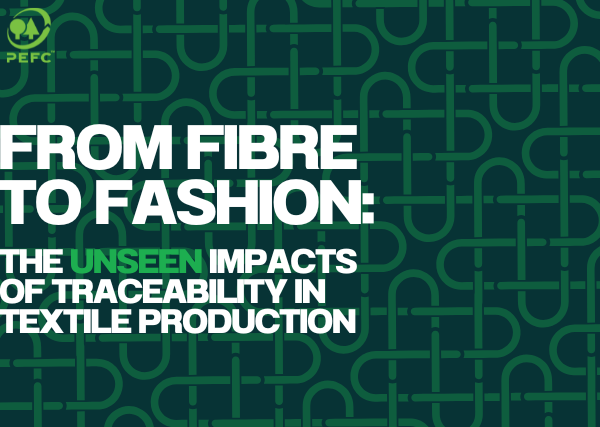
From Fibre to Fashion: The Unseen Impacts of Traceability of Textile Production Sustainability is redefining the fashion industry, requiring brands to embed environmental and social responsibility into every aspect of […]
Local looks: Homegrown fashion players play with new ways to create and operate
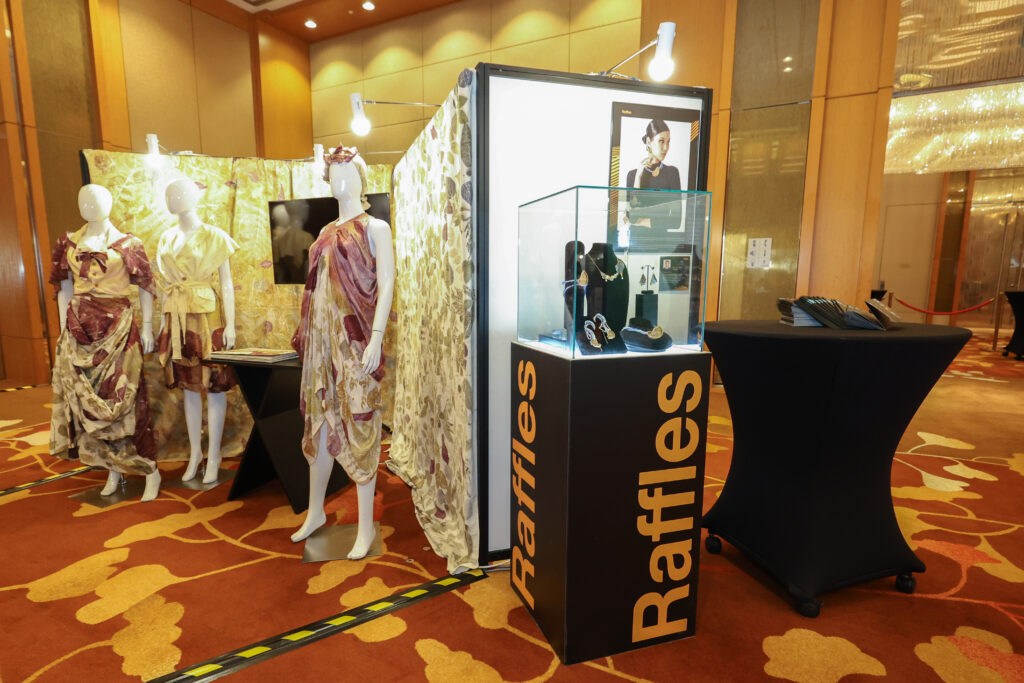
Local looks: Homegrown fashion players play with new ways to create and operate Read more
Meet Zhang Ting-Ting, champion of responsible fashion in Singapore

Meet Zhang Ting-Ting, champion of responsible fashion in Singapore Read more
